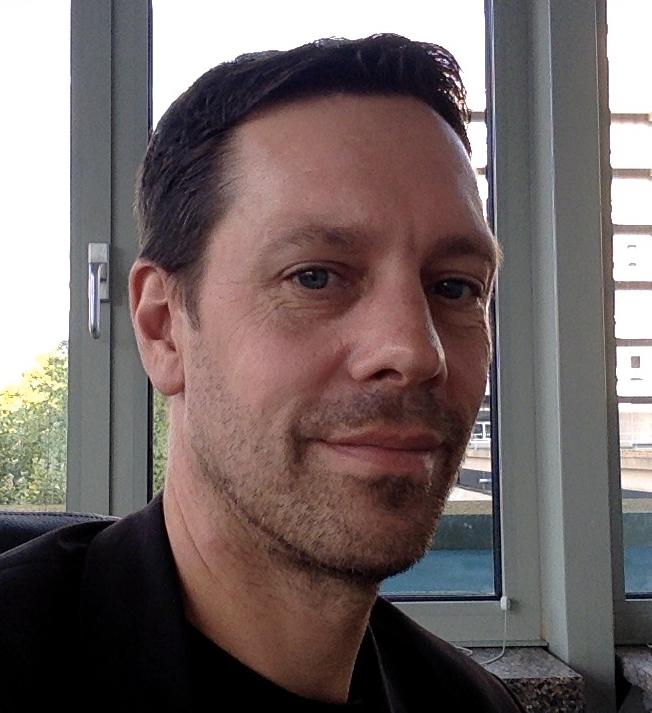
Dr. Benecke is a tenured researcher with the French Centre National de la Recherche Scientifique and has strong expertise in biochemistry and mathematics / bioinformatics of gene expression regulation in higher eukaryotes in the context of host-pathogen interactions and immune responses. His work equally relates to transcriptional regulation and functional genomics and novel computational and geometric analysis, representation, and inference strategies. Several of his contributions to high-throughput data analysis in the context of functional genomics have set new standards for array, next-generation sequencing, proteome and metabolome profiling and integration approaches. He is used to directing a group of experimental biochemists and molecular biologists as well as theoreticians and computer scientists, and has experience in managing multi-site collaborative research endeavours. Dr. Benecke has received independent research funding from national, European, and international funding agencies and collaborated in two N.I.H./N.I.A.I.D. funded projects. From 2005 to 2010 Dr. Benecke was one of four CNRS scientists to be entrusted with the design and construction of the Interdisciplinary Research Institute in Lille. From 2007 to 2012 Dr. Benecke headed the French non-human primate bioinformatics core of the Agence Nationale de Recherches sur le SIDA et les Hepatites Virales (ANRS, the French national AIDS and Hepatitis research organization). Since 2002 Dr. Benecke is affiliated with the Institut des Hautes Etudes Scientifiques (IHES, a hors-pair private research institute in mathematics). In 2003 Dr. Benecke has been recognized with the prestigious European Hematology Association -- Jose Carreras Foundation Young Investigator Award. He has recently returned from a sabbatical at the University of Washington, Seattle, U.S.A. and moved to the University Pierre and Marie Curie. His current research focuses on using systems, computational, and synthetic biology to develop new gene regulatory network inference technologies for the study of biochemical and signaling networks in infectious disease.
 |

